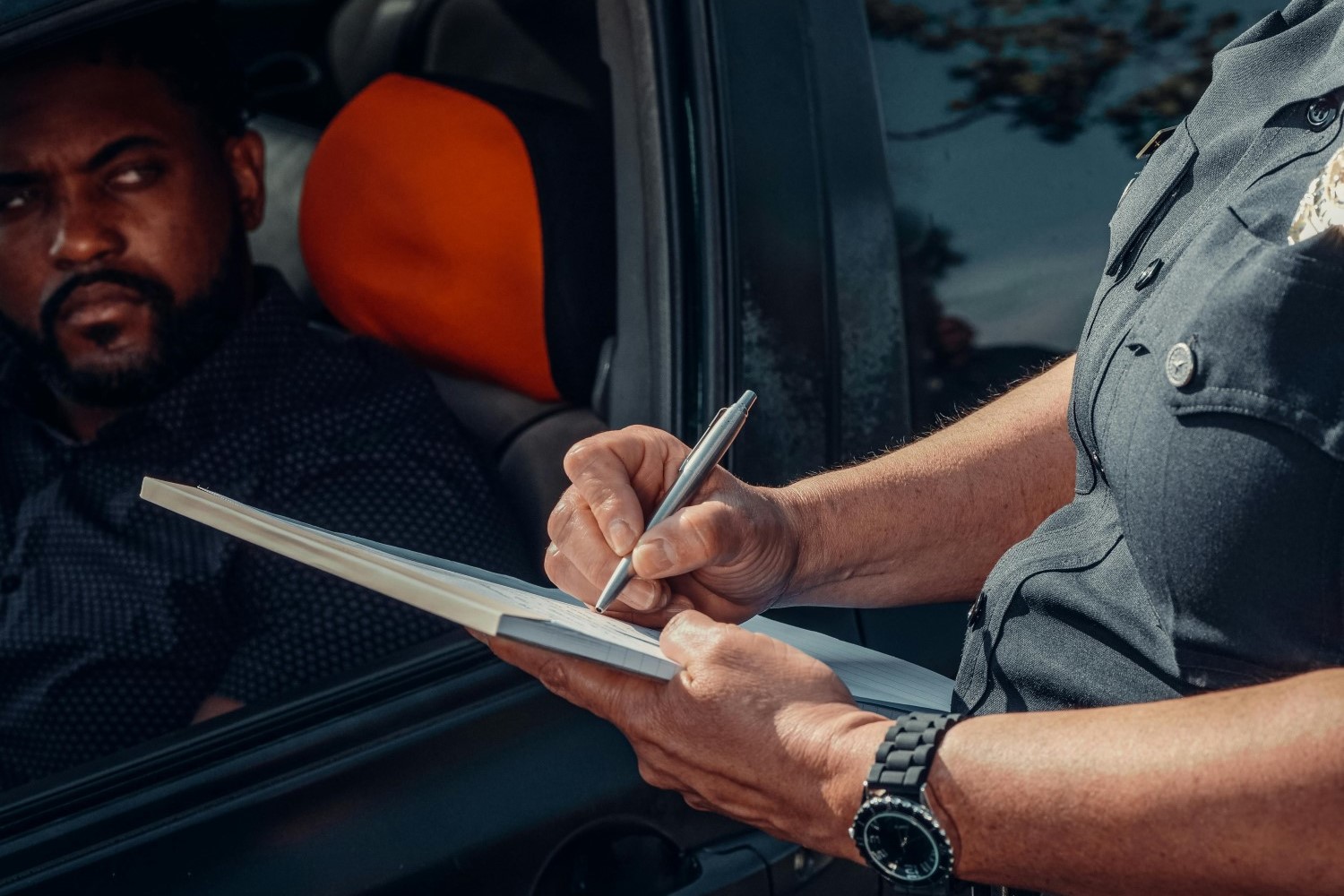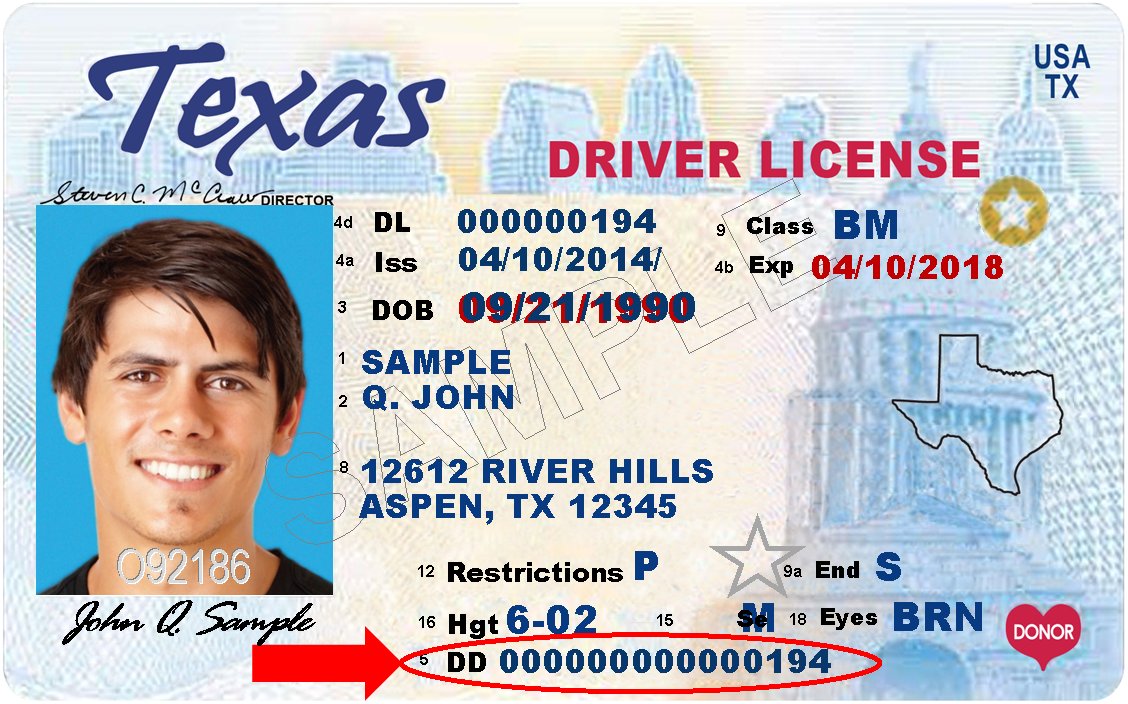Knowing the renewal cost of your Texas Driver License ensures timely, hassle-free experience
Driving is an essential part of daily life for millions of Texans. Whether commuting to work, running errands, or visiting loved ones, a valid driver’s license is not just a legal requirement—it’s also a practical necessity.
But while the importance of keeping your license current is obvious, many drivers overlook the planning that goes into timely renewal. A major aspect of this preparation involves understanding the costs involved. Knowing how much does it cost to renew your license in Texas isn’t just about budgeting—it’s about preventing delays, avoiding fines, and staying compliant with state laws.
Staying informed about renewal fees and associated costs can make the difference between a smooth transaction and an inconvenient disruption. In this guide, we’ll walk you through what you need to know about license renewal in Texas, focusing on the various fees, related expenses, and practical steps to ensure you never miss a renewal deadline.
Understanding the Basics of License Renewal in Texas
Renewing your driver’s license in Texas is a relatively straightforward process. The Texas Department of Public Safety (DPS) oversees the issuance and renewal of licenses, offering several convenient options including in-person visits, online renewals, mail-in renewals, and mobile apps. However, the specific cost of renewal depends on a few variables such as age, license type, and whether additional services are requested.
Many Texas residents find themselves asking, how much does it cost to renew your license in Texas when that reminder postcard arrives. The answer varies slightly based on your personal circumstances, but having a general understanding of the fee structure helps ensure that you are financially prepared when the time comes.
Fee Structure and What Influences the Cost
Several key factors affect the final amount you’ll pay when renewing your license. These include your age group, the type of license you hold, and any penalties for late renewal. Generally, the standard renewal fee for a non-commercial Class C driver’s license is $33. If you are between the ages of 18 and 84, this fee typically applies.
For senior drivers, Texas provides reduced fees. Those aged 85 and older pay only $9, while minors under 18, holding a provisional license, are usually charged $16 for renewal. The most common query remains: how much does it cost to renew your license in Texas for the majority of drivers? The answer is most often $33, but it’s essential to verify your category.
Commercial driver’s licenses (CDLs), motorcycle endorsements, and REAL ID upgrades may carry additional charges. A CDL renewal, for instance, is $97, reflecting the specialized nature of the credential. Meanwhile, adding a motorcycle endorsement might incur a $15 fee on top of your base renewal cost. These added expenses underscore the need to check the specifics of your license before renewal.
Additional Costs You Might Not Expect
The base renewal fee is only one part of the equation. Some individuals encounter additional costs that can catch them off guard if they’re not well-informed. For example, renewing your license after it has expired for more than two years requires reapplying as a new applicant, including passing written, vision, and driving tests again—each of which may include separate fees.
You may also need to pay for vision testing if you’re renewing in person. And if your license has been lost or stolen, requesting a replacement will involve an extra fee of $11. So, while how much does it cost to renew your license in Texas may start with a straightforward figure, real-world scenarios often lead to higher totals. Furthermore, if you have any outstanding traffic citations, you may need to complete a state-approved defensive driving course to dismiss the ticket and prevent it from affecting your renewal eligibility or insurance rates.
Failing to update your address before renewal can incur a penalty or delay, as the DPS requires accurate personal information. That’s why staying proactive about updating your records is a crucial part of a smooth renewal process.
Payment Methods and Convenience Fees
The DPS accepts several forms of payment, but knowing which is accepted where is another part of managing the process. Online renewals typically accept debit or credit cards and may include a small processing fee. In-person renewals at a DPS office often accept cards, checks, and money orders but may not accept cash at all locations.
Understanding these nuances reduces the likelihood of frustration or rescheduling due to unavailable payment options. If you’re wondering how much does it cost to renew your license in Texas and you’re paying online, remember to factor in processing fees that range from $1 to $3 depending on the method used.
When and How to Renew
The timing of your license renewal is just as important as understanding the fees. Texas allows you to renew your license up to two years before it expires and up to two years after. Renewing early gives you more flexibility, helps avoid late fees, and ensures uninterrupted driving privileges.
The most convenient way to renew is often online, especially for those who meet the eligibility requirements, such as having no recent changes in vision or address. If you qualify, the process can take as little as 10 minutes. However, not everyone is eligible for online renewal. For those who aren’t, mail-in or in-person options remain viable and reliable.
When you begin to ask how much does it cost to renew your license in Texas, it’s helpful to consider when and how you plan to renew. Online renewals typically adhere to the standard fee schedule with minor additional charges for digital processing. In-person renewals may vary slightly depending on the services used at the office.
Common Challenges and How to Avoid Them
One of the most common issues Texas drivers face during renewal is a lack of preparation. This includes being unaware of how much the renewal costs, failing to bring required documentation, or not updating personal information beforehand. Each of these oversights can lead to delays, return visits, or even fines.

To avoid these issues, check your eligibility status through the Texas DPS website before heading to your appointment or beginning the online process. Make sure you have a valid photo ID, current proof of residency, and your Social Security number available. Having this information ready will make the transaction efficient and stress-free.
Many people ask not only how much does it cost to renew your license in Texas but also what documentation or steps are necessary. Keeping these documents current and ready can eliminate delays that might otherwise extend your visit or result in rejection.
Special Considerations for Military Personnel and Out-of-State Texans
Active-duty military members and their families often face unique challenges with license renewal. Texas offers specific exemptions and extended time frames for military personnel stationed outside the state. These individuals can usually renew by mail and may be granted extended grace periods beyond the typical two-year window.
Similarly, Texans temporarily living out-of-state can often renew online or by mail, assuming their license has not expired beyond acceptable limits. They must, however, still pay the standard renewal fees, prompting many to research how much does it cost to renew your license in Texas from afar.
These exceptions demonstrate the state’s effort to accommodate a broad range of residents while maintaining clear rules around fees and renewals.
The Cost of Delay or Forgetfulness
Failing to renew your license on time carries both financial and legal consequences. Driving with an expired license in Texas can result in fines up to $200. Moreover, if your license has been expired for more than two years, you’ll be required to start the licensing process from scratch, which includes taking all tests and paying full application fees.
These costs can be substantially higher than the standard renewal fee. So, when drivers ask, how much does it cost to renew your license in Texas, they should also consider what it might cost to delay. The risk of citation, combined with the inconvenience of retesting, creates a strong incentive to renew on time.
Planning Ahead for Your Next Renewal
While the renewal process may seem like a minor administrative task, it plays a pivotal role in ensuring your ability to drive legally and safely. Setting calendar reminders, subscribing to DPS email notifications, and checking your license expiration date periodically are simple ways to stay on top of the process.
If you’ve ever asked yourself how much does it cost to renew your license in Texas, take the time to budget for the expense and stay informed about possible changes in fee structures or renewal requirements. The Texas DPS website is regularly updated and serves as a primary source of reliable, current information.
Making a habit of checking your license status every few months can prevent last-minute surprises, especially if you’ve recently changed your address or renewed other forms of identification.
A Look Toward Future Changes in Fee Structures
Texas lawmakers and the Department of Public Safety periodically review license-related fees and policies. While the current rates have remained stable in recent years, it’s wise to stay informed about legislative changes that could impact renewal costs.
Some proposals include adjusting fees for inflation, bundling services like REAL ID upgrades into a single renewal process, or creating subscription-style renewal services that auto-renew for a small annual fee. If these or similar initiatives are introduced, they could influence how Texans approach the renewal process in the future.
In the meantime, the question of how much does it cost to renew your license in Texas remains highly relevant, especially in a fast-paced world where administrative tasks often take a backseat. Staying updated helps you adapt quickly if and when changes occur.
Final Thoughts: Stay Informed, Stay Compliant
Renewing your driver’s license might seem routine, but the costs, timelines, and requirements involved warrant your full attention. Knowing how much does it cost to renew your license in Texas is one of the first steps to ensuring a hassle-free process. More than just a financial question, it’s a matter of planning, preparedness, and peace of mind.
By understanding the base renewal fee, possible additional charges, and the process required based on your personal situation, you’ll be well-equipped to handle your renewal without stress. Whether renewing online, by mail, or in person, the key is to act early and stay informed.
So next time you glance at your license and realize the expiration date is nearing, you’ll know exactly what steps to take—and what the cost will be. That awareness is more than just smart; it’s essential for every Texas driver committed to staying safe, legal, and ready for the road ahead.
